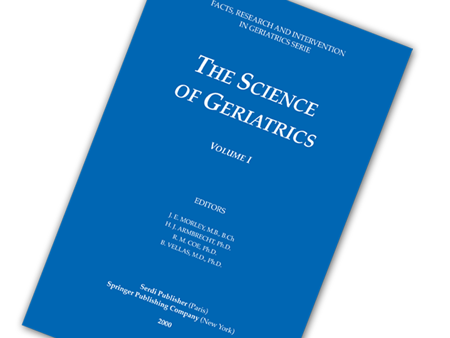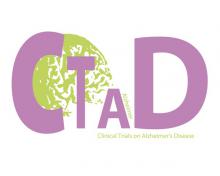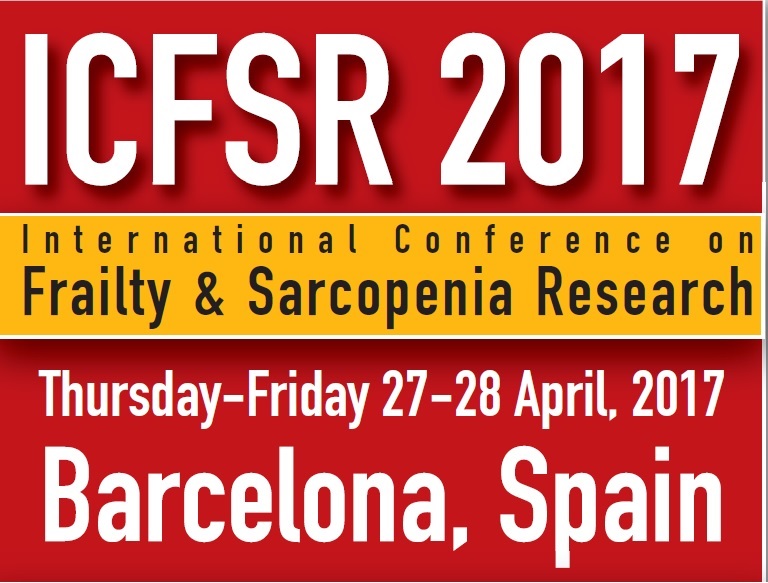Introduction: Aging Frailty is characterized by by an increased vulnerability to adverse health outcomes and a chronic low level of inflammation. Frailty is a multisystem physiological dysregulation marked by weight loss, exhaustion, weakness, slowness and decreased physical activity. Although stem cells may aid in repair and may help improve the symptoms of frailty, endogenous stem cells have a very limited capacity in the repair mechanism and is hypothesized to be a biologic basis of frailty. This phase I study tested the safety and potential efficacy of intravenous, bone marrow derived allogeneic mesenchymal stem cells (allo-hMSCs) based therapy in patients with aging frailty. We hypothesize that allo-hMSCs from healthy young donors (18-45 years of age) serve as an off-the-shelf regenerative cell based therapy that not only reduces inflammation but also improves physical markers of frailty.
Methods: The AllogeneiC Human Mesenchymal Stem Cell in Patients with Aging FRailTy via IntravenoUS (CRATUS) Delivery Study (www.clinicaltrials.gov: #NCT02065245) is a phase I non-randomized dose-escalation study. In this study, patients received a single intravenous infusion of allo-hMSCs: 20-million (n=5), 100-million (n=5), or 200-million cells (n=5). Patients enrolled were over 60 years of age and were frail as assessed by the Canadian Study of Health and Aging (CSHA). The primary endpoint was incidents of any treatment-emergent serious adverse events (TE-SAE) measured at 1-month post-infusion. The secondary endpoints were functional efficacy domains and inflammation, measured at 3 and 6-months, respectively.
Results: The major new findings of CRATUS are that intravenous allo-hMSC infusions are safe and well tolerated in elderly individuals with early signs and symptoms of frailty. There were no treatment-emergent severe adverse events (TE-SAEs) at 1-month post-infusion or significant donor specific immune reactions during the first 6 months. There were no clinical signs of immune rejection in any of the treatment groups, and only one patient that developed a mild to moderate donor specific cPRA reaction in the 20-million group but there were no T cell reactions elicited in any of the treatment groups. The 100-million treatment arm showed the most improvement in overall compared to the 20-million and 100-million groups in 6 minute walk distance (6MWD), forced expiratory volume in 1 second (FEV1), and overall quality of life as assessed via the Euro-QOL 5 Dimensions (EQ-5D) questionnaire and patient-reported health status (36-Item Short Form (SF-36) survey). Importantly, there were improvements in a constellation of parameters that are important predictors of morbidity and mortality in patients with aging frailty.
Conclusions: Allo-hMSCs are safe and immunologically tolerated in aging frailty patients. Improvements in functional and immunologic status suggest that ongoing clinical development of cell-based therapy is warranted for frailty.
Ana Marie Landin, PhD1,2, Bryon A. Tompkins, FedeMD2,3, Samuel Golpanian, MD2,3, Darcy L. Difede1, Khan, MSc2, Anthony A. Oliva, Jr., PhD1, Geoff Green, MBA1, Pascal J. Goldschmidt, MD4,5, Joshua M. Hare, MD1,2,4,5 ( 1Longeveron, LLC, Miami, Fl, USA; 2 Interdisciplinary Stem Cell Institute, University of Miami Miller School of Medicine, Miami, FL, USA; 3 Department of Surgery, University of Miami Miller Scholl of Medicine, Miami, Fl, USA; 4 Department of Medicine, University of Miami Miller School of Medicine, Miami, FL, USA; 5 Division of Cardiology, University of Miami Miller School of Medicine, Miami, FL, USA)



